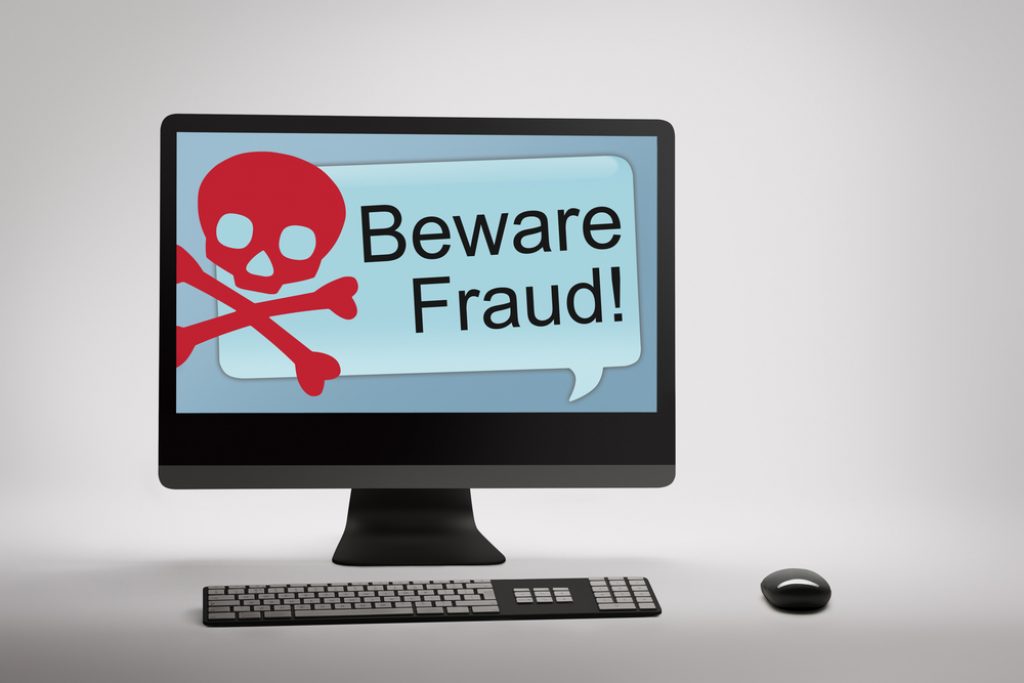The Financial Conduct Authority (FCA) has warned consumers to be on the lookout for dodgy loans as families look to borrow money to fund Christmas spending.
Loan fee fraud cons borrowers into paying an upfront fee for a loan they then don’t receive. Previous figures released by the FCA show that losses to this type of fraud average £260 per person.
Research by the city regulator found that 40% of UK adults are concerned about being able to afford Christmas spending this year, rising to half (52%) of parents with young children under the age of 18.
More than a quarter (29%) of parents with young children have already borrowed or intend to do so to cover the cost of Christmas this year, leaving many susceptible to loan fee fraud.
The FCA has partnered with Debt Free Advice – a debt advice coalition led by Toynbee Hall – to help support those who are struggling with debt.
The FCA found almost half (47%) of UK adults feel pressured to spend above their means during Christmas to provide for loved ones, rising to almost two-thirds (64%) for those with children under 18.
As a result, more than a quarter (29%) of parents have borrowed money, or intend to, for Christmas this year. The average amount borrowed has increased by more than a third, from £305 last year to £412 this year.
Protect yourself from loan fee fraud
The FCA is urging consumers looking for a loan to do this three-step check to protect themselves from scams:
- If you are cold called or emailed, it could be a scam
- If you’re asked to pay an upfront fee, it could be a scam
- If you’re asked to pay quickly or unusually, it could be a scam
If people are unsure whether someone offering a loan is properly regulated, they can find more information on the loan fee fraud website, and search the name of the lender on the FCA Register, before applying for a loan. This will help identify any firms that are actively trying to scam consumers.
Therese Chambers, FCA executive director of enforcement and market oversight, said: “Fraudsters will take advantage even of parents’ desire to give their children a good Christmas. Don’t let them. Remember the three-step check and protect yourself and your loved ones from loan fee fraud. If you are cold called or emailed, it could be a scam. If you’re asked to pay an upfront fee, it could be a scam. And if you are asked to pay quickly or unusually, it could be a scam.”
Matt Dronfield, managing director of Debt Free Advice, said: “As Christmas approaches, families across the country face mounting pressure to keep up with societal expectations, often leading to increased debt and financial strain.
“Many of our clients are already burdened by the weight of utility bill debt, imposed by the ongoing cost of living crisis. Holiday-induced debt can have far-reaching consequences, affecting families’ financial stability, mental health, and overall well-being.”





